At this point in history, most of our iconic coming-of-age films – movies like The Graduate (Nichols, 1967) or Rushmore (Anderson, 1998) focus on a male protagonist. But, as they say, the future is female, and Greta Gerwig’s Lady Bird (2017) is helping to bring a female presence more prominently into the genre.
In the afterword to Full Dark, No Stars, his 2011 collection of four short novellas, Stephen King makes a differentiation between literary and genre fiction that could also apply to film. According to King“….literary fiction usually concerns itself with extraordinary people in ordinary situations,” while genre fiction in the classic sense focuses on “ordinary people in extraordinary situations.” (528). Like many coming-of-age dramas that precede it, Lady Bird doesn’t fall into either category. The situations and the people in them are both ordinary. (In fact, I think it’s Gerwig’s commitment to the ordinary that lost her Oscar glory. In a less sensational Oscar season, she would have better chances.) But, it’s a vibrant, vulnerable, unforgettable rendition of the regular. Christine McPherson (Saoirse Ronan) is average, but constantly trying not to be. She’s dramatic, irritating, and idealistic; a girl who wants things she doesn’t deserve and doesn’t know how to get…in short, a typical teenager. It’s easy to see yourself in her – even if you’ve never been a teenage girl enrolled in Catholic school in California in 2002. The film takes place over Lady Bird’s senior year of high school, a period where she experiences a lot of big firsts – and has big expectations for those moments. The film’s universal message is great for teens to hear – and for the rest of us to remember: Sometimes your biggest wants have the most unexpected outcomes.
In our big-budget blockbuster world, stillness and authenticity aren’t always valued, but Lady Bird shows their power in narrative. It also highlights the importance of women’s stories. Overall, Lady Bird is the kind of film I can’t wait to watch again, one capable of resonating with many people. The memories and nostalgia of adolescence it evokes for older viewers – meaning, anyone out of high school - won’t necessarily be the rosy, happy kind, but they’re worth reflecting on post-watch. Teens – those in the thick of it, who can most directly identify with Lady Bird – will likely have a different take, but can still enjoy the film. I look forward to the woman-centric coming of age films it’s destined to inspire, and hope they’re just as honest.
King, Stephen. Full Dark, No Stars. Pocket Books, 2011

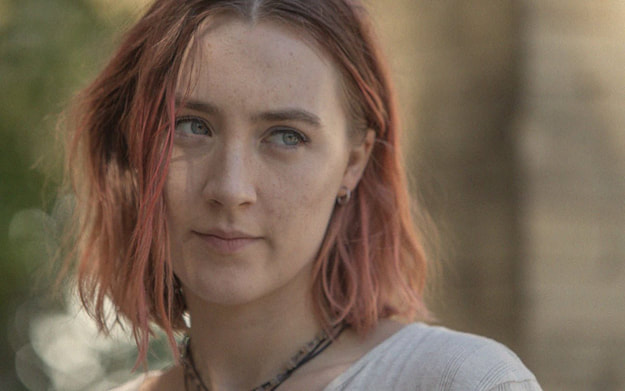
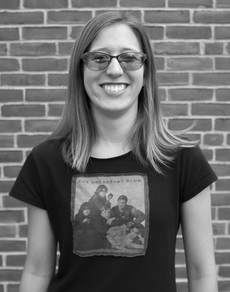
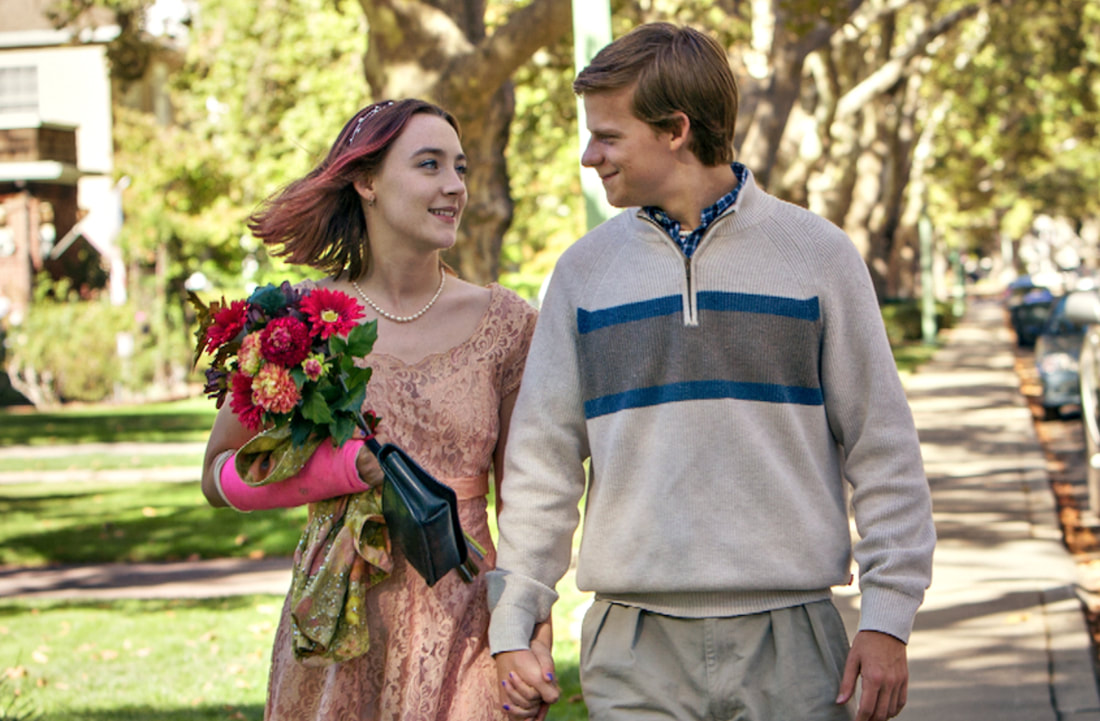
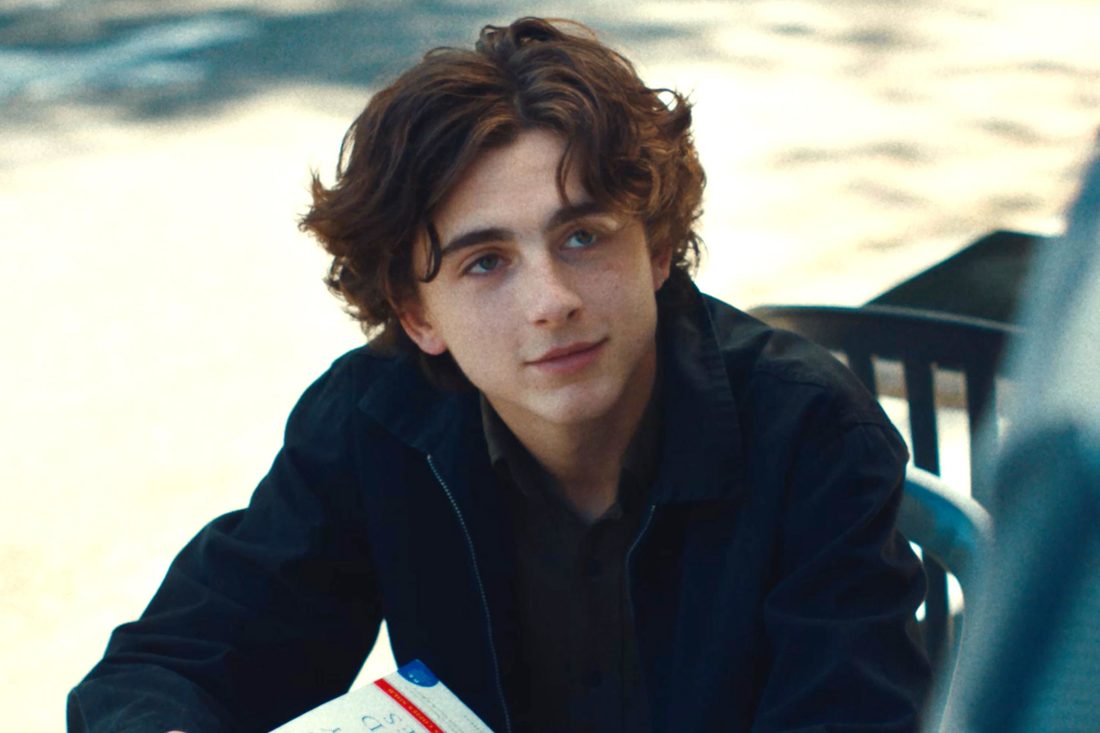
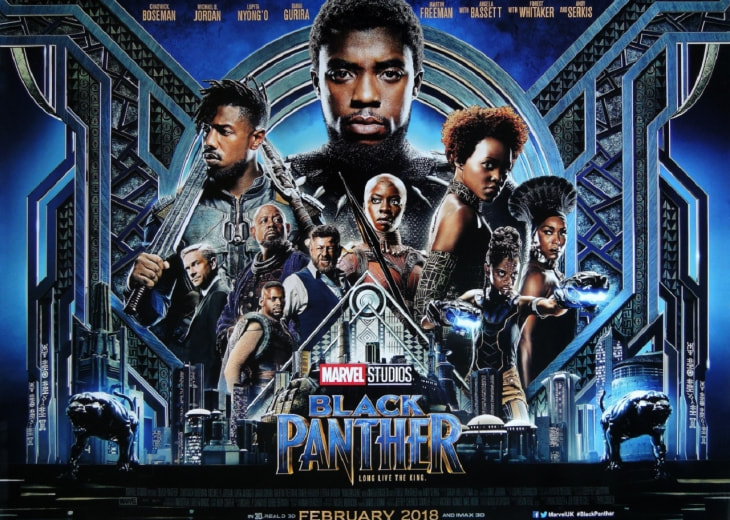


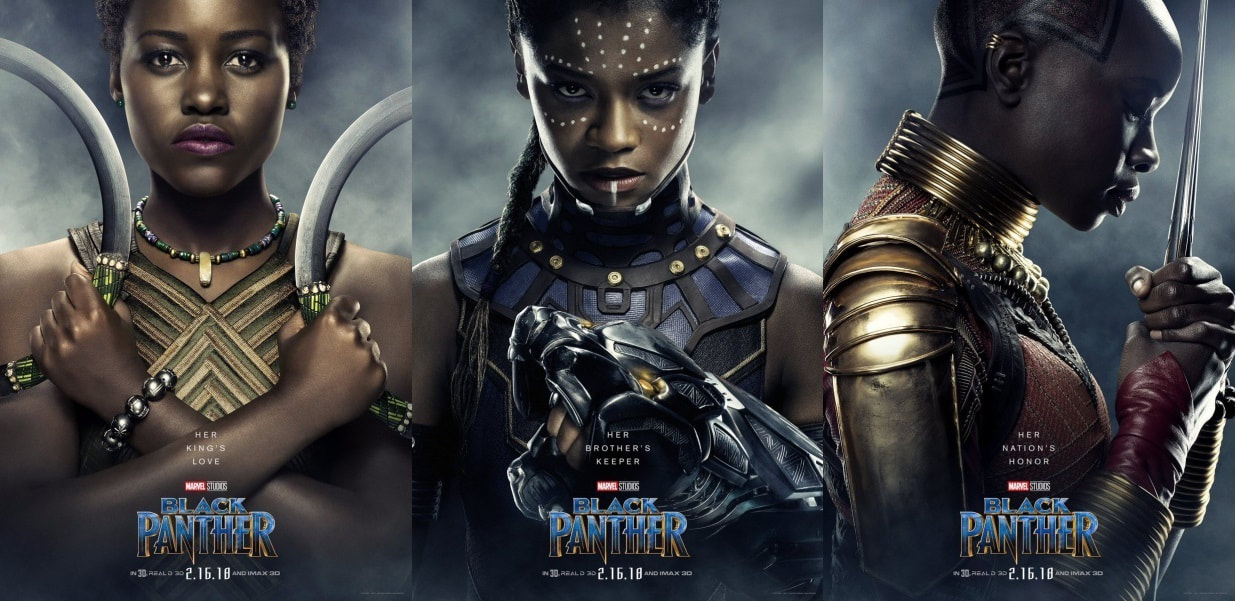
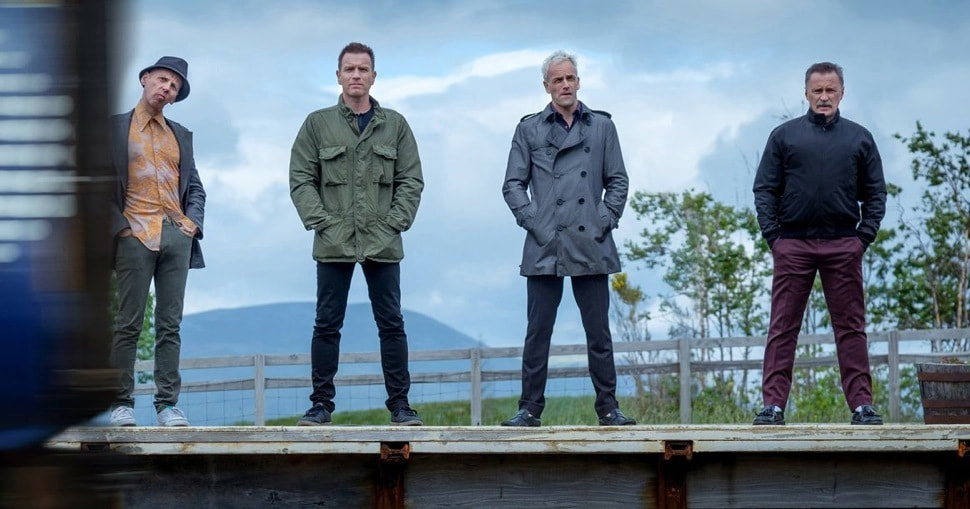
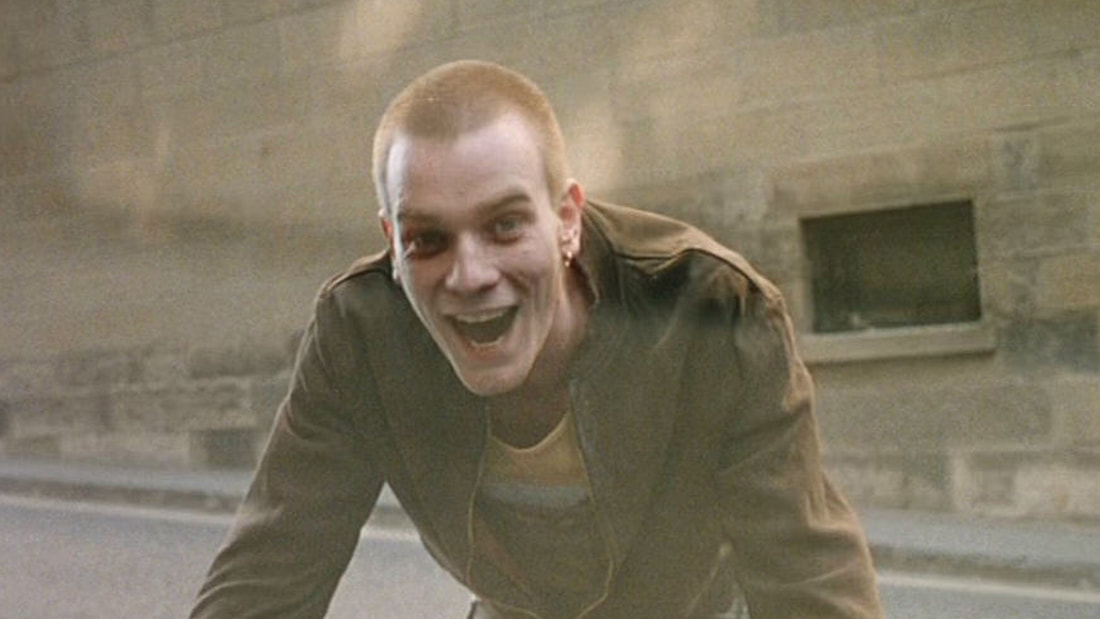
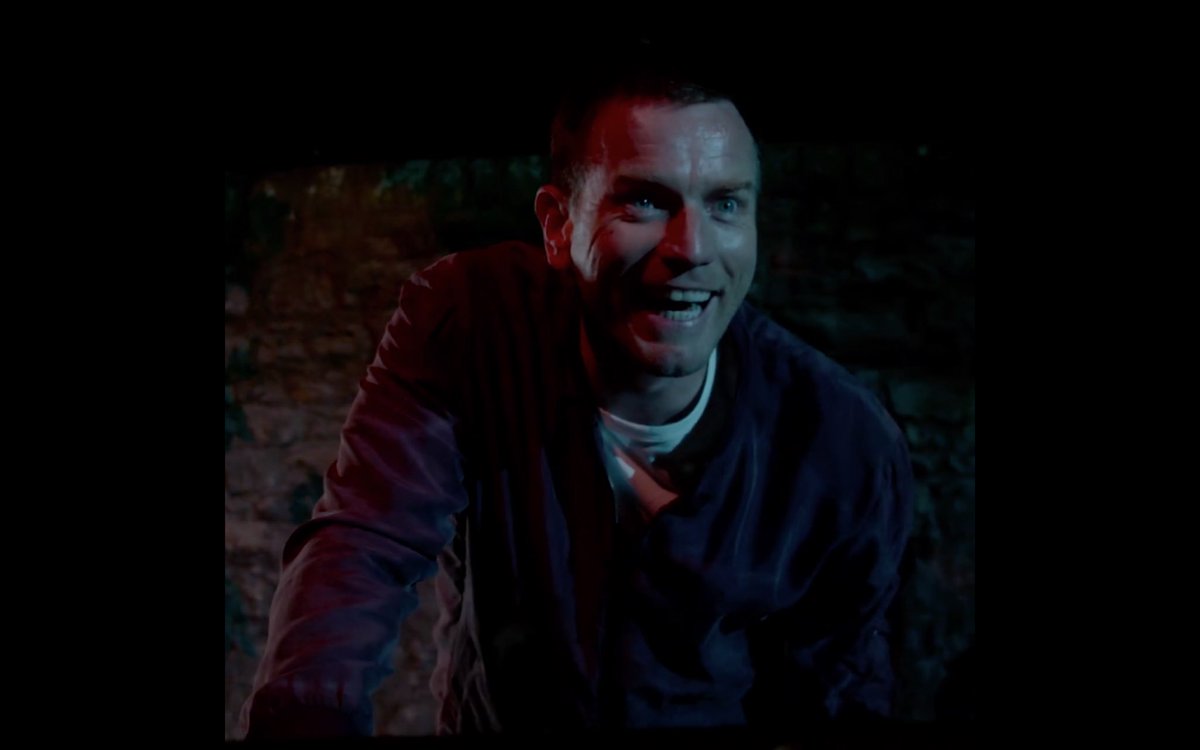


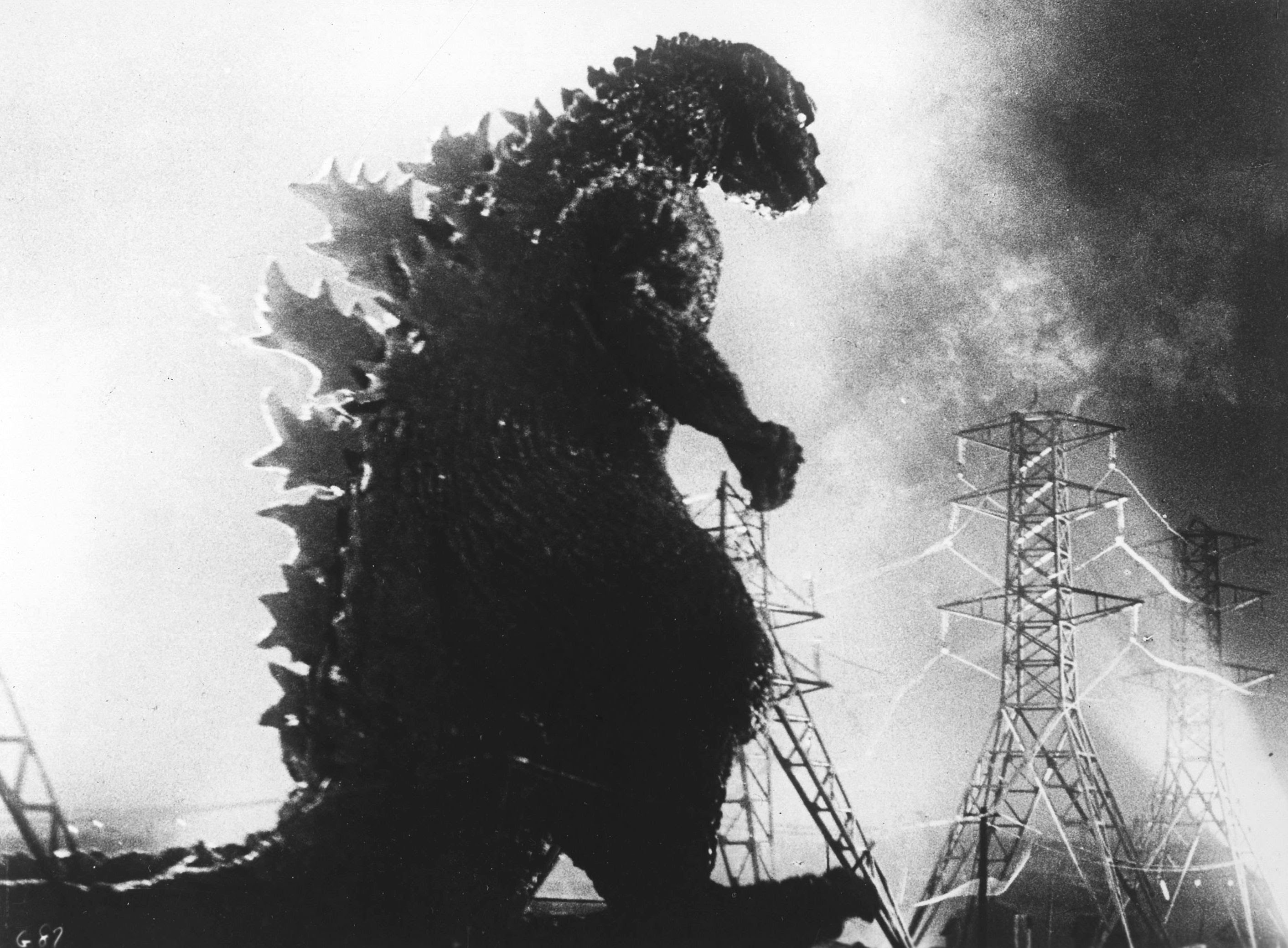


 RSS Feed
RSS Feed
